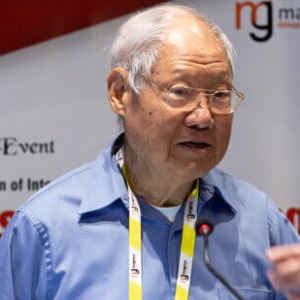Environmental Biotechnology
Environmental biotechnology is an entity of scientific and engineering knowledge relating to the use of microbes and their products in the prevention of pollution by biotreatment of solid, liquid, and gaseous wastes, bioremediation of polluted environments, and environmental and treatment process biomonitoring. The following are some of the benefits of biotechnological waste treatment: biodegradation or detoxification of a wide range of hazardous substances by natural microorganisms; availability of a wide range of biotechnological methods for complete waste destruction; and diversity of biodegradation conditions. Environmental biotechnology specifically refers to the use of procedures to safeguard and restore the environment's quality. Environmental biotechnology can be employed in a variety of methods to detect, prevent, and remediate toxic emissions into the environment. In this approach, environmental biotechnology can contribute significantly to long-term growth. It is one of the most rapidly expanding and practical scientific topics nowadays. The genetics, biochemistry, and physiology of exploitable microbes are being rapidly transformed into commercially available technology for reversing and avoiding additional environmental degradation.

Murray Moo Young
University of Waterloo, Canada
Limongi Tania
University of Turin, Italy



Title : Renewed novel biotech ideas, with bioreactor bioengineering economic impact
Murray Moo Young, University of Waterloo, Canada
Title : Improving health in over 40,000 patients: The impact of nanomedicine fighting antibiotic resistant infections
Thomas J Webster, Brown University, United States
Title : Osmotic lysis–driven Extracellular Vesicle (EV) engineering
Limongi Tania, University of Turin, Italy
Title : Evaluating cell compatibility and subcutaneous host response of silk fibroin–chitosan plug composites as potential resorbable implants
Luis Jesus Villarreal Gomez, Universidad Autonoma de Baja California, Mexico
Title : Comparative study of endo-?-1,4-mannanases from novel bacterial strains for the production of galactomanno-oligosaccharides
Shruti Saini, National Agri-food and Bio-manufacturing Institute, India
Title : Engineering Sf9 host cells with AcMNPV genes to control baculovirus infection dynamics and heterologous gene expression
Tamer Z Salem, Zewail City of Science and Technology, Egypt